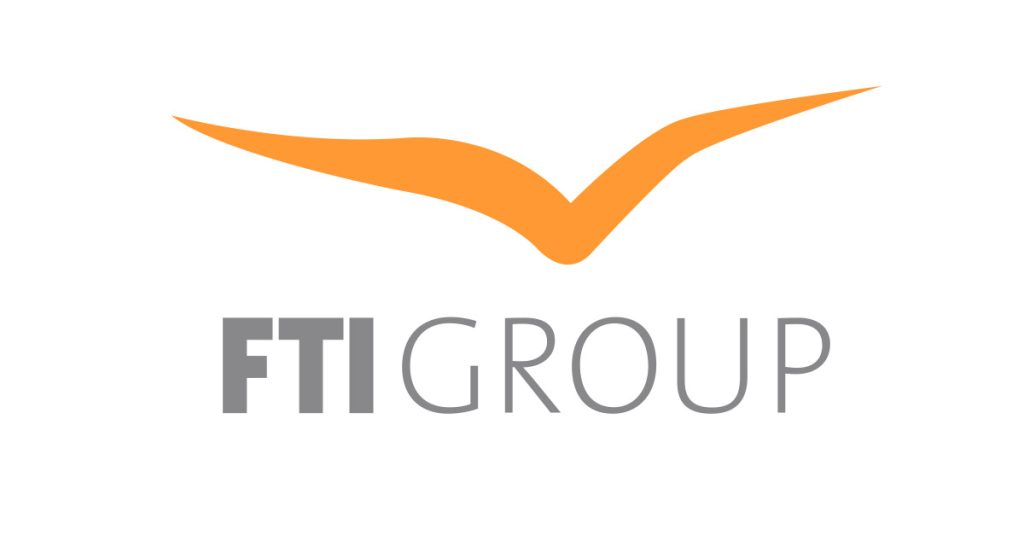A court in Munich has opened insolvency proceedings for the FTI Touristik group, marking a critical juncture for the company. This move comes after the group’s recent financial struggles, emphasising the broader impacts on consumers and the travel industry.
The commencement of this process underscores the significant challenges faced by FTI, with repercussions extending across various stakeholders, including customers, suppliers, and financial partners. The outcome of these proceedings will likely shape future industry practices and consumer protections.
FTI Touristik’s Insolvency Commences
A court in Munich has initiated insolvency proceedings for the FTI Touristik group, marking a significant development after its collapse in June. According to administrator Axel Bierbach, substantial funds have already been put together. However, the disbursement of refunds by the DRSF German travel security fund has been sluggish, affecting thousands of consumers. This slow progress has left many would-be travellers stranded, unable to rebook or commence their planned holidays.
Customer Impact and Market Ramifications
The delayed refund process has resulted in substantial impacts for consumers, notably for about 250,000 FTI customers who are collectively owed over €400 million. Many customers have been unable to travel this summer, causing a ripple effect in the travel industry. The administrator, Axel Bierbach, has underscored the challenges faced due to the failure to process these refunds promptly, impacting not just customers but also suppliers and other stakeholders.
The delayed refunds have drawn criticism from Tui Group’s Sebastian Ebel, who described the process as “not really understandable.” He highlighted the pressure on consumers who have been unable to book a second holiday, noting the pent-up demand that could spill over into the coming year.
Financial Challenges and Stakeholder Involvement
The insolvency proceedings have identified a total of 350,000 creditors, ranging from consumers to suppliers, with large claims filed by the German Federal Economic Stabilisation Fund and FTI’s former financial partners. These developments paint a complex picture of the financial entanglements impacting the company’s ability to resolve its financial obligations swiftly.
Amidst these difficulties, the administrator has been working on salvaging the company’s assets. Sales have been secured for several of FTI’s brands, yet redundancies loom for over 700 employees. This highlights the stark economic and human cost of the insolvency, amplifying the urgency for a resolution to these proceedings.
Moreover, the situation with Youtravel, an FTI-owned UK accommodation provider, remains uncertain as it has halted all bookings until the end of October. The company’s management continues to pursue options to resume operations from November, although negotiations have been reported to be complex and protracted.
Administrative Responses and Future Outlook
As the insolvency process advances, Axel Bierbach has actively sought to mitigate further losses. The sale of valuable assets and restructuring efforts are part of a broader strategy to minimise the financial fallout. However, the timeline for complete resolution remains uncertain given the scope of the issues at hand.
The ongoing negotiations and administrative efforts underscore the complexity of corporate insolvencies and their far-reaching impacts. Stakeholders remain hopeful for a favourable outcome, with continued efforts to reinstate consumer confidence in the affected brands.
Travel Industry Reactions and Strategic Implications
The insolvency of FTI Touristik has sparked significant reactions throughout the travel industry. The delays in customer refunds have been particularly contentious, with industry leaders expressing frustration over the prolonged process. This situation has underscored the need for more efficient financial protections for consumers in the travel sector.
Tui Group’s chief executive’s comments reflect broader industry sentiment, emphasising the necessity for reforms in industry financial practices. The delayed refunds have highlighted a disconnect between consumer expectations and the realities of insolvency proceedings, prompting calls for improved strategies in managing such crises.
The potential demand for travel next year, driven by the unmet needs of FTI customers this summer, represents both a challenge and an opportunity for the travel industry. Strategic adjustments in response to this demand could help mitigate the impacts experienced this year, fostering greater resilience in the future.
Conclusion and Final Remarks
In response to the challenges faced, it is imperative for the travel industry to learn from the FTI insolvency case. The coordination of financial security measures and efficient refund processing are crucial to maintaining consumer trust and industry stability. As stakeholders navigate this complex landscape, lessons learned will be vital in shaping more robust frameworks for crisis management and consumer protection.
The FTI Touristik insolvency serves as a critical lesson for industry stakeholders, highlighting the importance of proactive financial strategies and effective communication with consumers. As the situation continues to evolve, prioritising consumer interests and enhancing operational transparency will remain key areas of focus for future industry resilience.
The FTI insolvency process highlights the urgent need for structural reforms within the travel industry. As stakeholders continue to address the aftermath of FTI’s financial collapse, the importance of consumer-centric policies and efficient refund mechanisms becomes increasingly evident.
The lessons from this situation serve as a catalyst for change, pushing for the development of stronger financial safeguards and more resilient sector practices to withstand future challenges.

